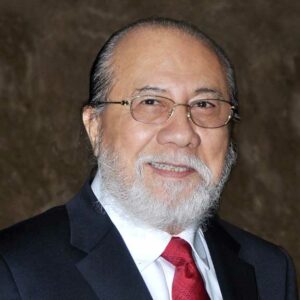CREBA recently expressed its concerns over the tremendous potential adverse impacts to tourism, employment, tax generation and the entirety of the business atmosphere of the 6-month absolute closure of the famed Boracay Island.
While real estate developers submit to the President’s wisdom to urgently rehabilitate the resort-island, restore its natural beauty and ensure that its magnificence would be protected for future generations of Filipinos and foreigners alike to enjoy, we fear that a sudden, complete and prolonged closure –up to the extent of barring non-residents from entering Boracay - pose serious social and economic costs to various sectors.
On the business side, halting operations for 6 months will negatively affect the country as well. For one, real estate developers who have obtained the necessary permits and licenses for their projects area are now in a quandary as to the future of substantial investments they have already started pouring in considering that projects already in the pipeline take as much as 5 or more years to complete.
With all businesses closed, owners and operators of various establishments in the island have no choice but to relieve the estimated 36,00 00 workers in Boracay of their jobs. This would also mean a substantial decrease in the contribution of Boracay to the fiscal coffers in both local and national levels.
A workable alternative would be a gradual closure of Boracay per phase. By closing Boracay one station at a time, the agencies involved in the planned massive rehabilitation and clean-up will have a better opportunity to validate which establishments are complying with existing environmental rules and regulations.
It will also allow for an effective crack down on illegally-built structures and other environmentally-hazardous violations, while mitigating impact on workers’ welfare, revenue generation and Boracay’s over-all role as a global tourist attraction. In the process, government can more effectively identify the officials responsible for the proliferation of such menacing practices to begin with.
Tourist arrivals in Boracay, both foreign domestic, have indeed risen to record levels in recent years. This development has definitely weighed heavily on the island’s natural carrying capacity, made worse by inferior solid waste management. To address this issue, a holistic approach would be to relocate the thousands of workers who have flocked to the island together with their families. Limiting the population in Boracay will ease the environmental tensions brought about by human activities by dramatically reducing the amount of solid waste, wastewater as well as human waste.
Truly, Boracay is a natural wonder and a sight to behold. It then takes concerted effort of all stakeholders including the government, the business sector, the workers and the rest who obtain from Boracay their livelihood, the residents and the tourists, to ensure decisive regulation and sustainable use of everything that the beautiful island has to offer.
Published in the Manila Bulletin May 2018


